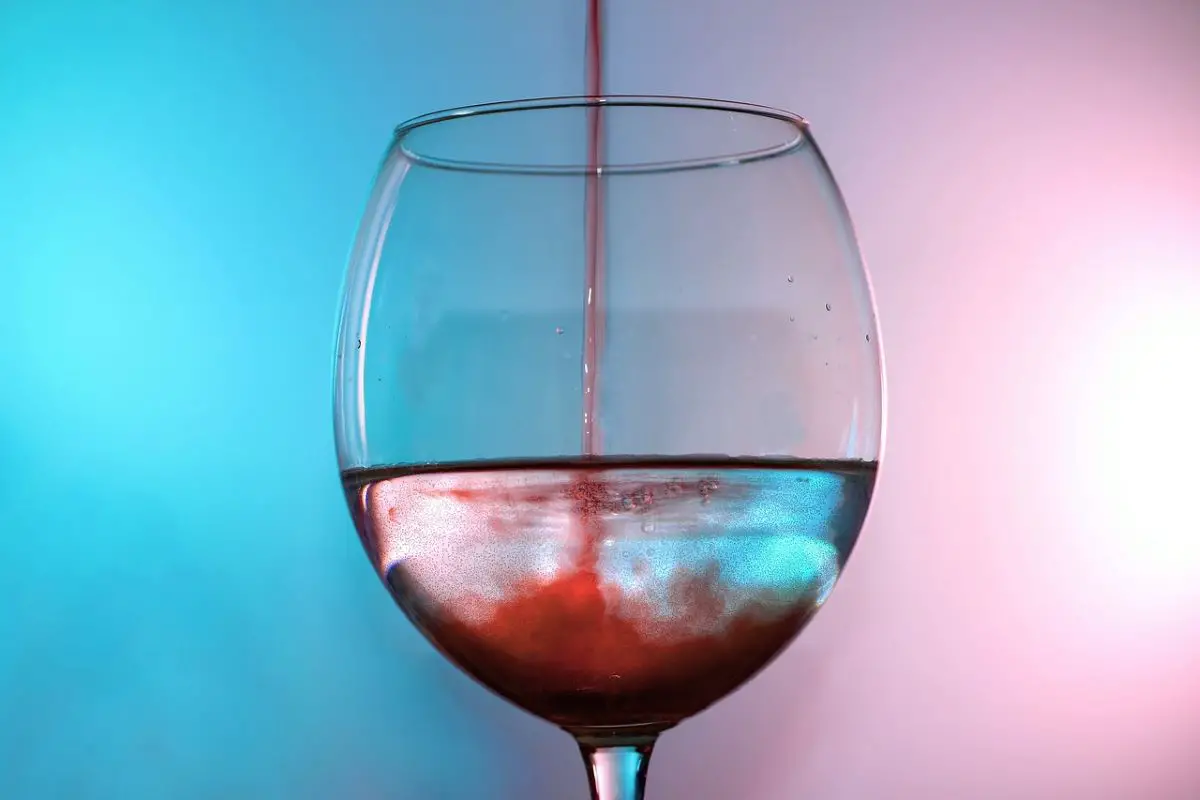Mio is bad for your health. Moreover, it contains a lot of artificial sweeteners, artificial colors, and toxic chemicals. Therefore, this product should be avoided at all costs.
Mio is a calorie-free, sugar-free water enhancer you will find on the shelves of most grocery stores. You can find this product in a variety of flavors, and all you need to do is dilute a few drops into a glass of water to enjoy a delicious beverage. However, are these drinks healthy?
If you don’t like the taste of plain water and have trouble drinking enough water throughout the day, Mio is an obvious benefit. By adding a flavor booster such as Mio, you will be able to prevent dehydration from occurring. Furthermore, if you tend to consume a lot of beverages with high levels of sugar like sodas, juices, and other drinks with a lot of natural sweeteners, Mio could be a great alternative. Nevertheless, you probably won’t be able to get much nutritional value out of this drink.
What Is Mio?
Mio is relatively new to the beverage world. This is technically called a “liquid water enhancer”, which means that a small amount (1/2 teaspoon) of the concentrated liquid can be used to flavor a whole bottle of water. It comes packaged in a small, 1.52-ounce bottle made of plastic and comes in quite a few flavors. The company which owns Mio is Kraft Foods.
Mio consists of four different product lines: Original, Energy, Fit, and Vitamins. Each line is characterized by its own distinct qualities. The Mio Original has a long list of flavors to choose from, and it does not claim to have any additional benefits, other than an added taste. With a caffeine boost, Mio Energy offers consumers an opportunity to wake up in the morning; this product line even offers coffee-flavored options. Mio Fit, which has an extra supply of electrolytes and B vitamins, replaces your sports drink with its extra electrolytes and B vitamins. Last but not least, Mio Vitamins strives to offer consumers not only an extra boost of nutrients, but also three different B vitamins (B3, B6, and B12). Additionally, Mio Vitamins offers a “naturally sweetened” option, such as the use of stevia extracts.
Mio is a liquid that contains some chemical substances and is extremely concentrated. The artificial colors in most products today are associated with hyperactivity, distractibility, carcinogens, as well as a number of allergies — depending on how the colors are formulated.
What Is Mio Made With?
Electrolytes, Vitamins, and Energy, three of Mio’s product lines, claim to provide 10% of your daily needs of vitamins B3, B6, and B12.
There are multiple flavors in each product line. Acesulfame potassium (Ace-K) and sucralose are the artificial sweeteners found in most flavors. According to the Mio Vitamins line, only two of the five flavors are “naturally sweetened” with stevia leaf extract.
There is only one product line that contains caffeine, Mio Energy. It is available in eight flavors – including two with coffee – and contains 60 mg of caffeine per serving. There are also taurine, guarana, and ginseng in all energy flavors
Why Is Mio Bad?
The three artificial sweeteners present within the beverage enhancers are of grave concern. Mio uses Splenda (Sucralose) as its primary sweetener. It is made by chlorinating white sugar, but this process adds heavy metals to sucralose. Approximately 98% of it is safe, with the remaining 2% containing all those heavy metals. Sucralose is one of the most non-caloric sweeteners as most of it is not absorbed by the body, and the portion that is absorbed by the body is mainly concentrated in the kidneys, liver, and GI (gastrointestinal) tract. This sweetener may, therefore, lead to immune dysfunction, birth defects, and cancer when used long-term. The long-term effects of this artificial sweetener have not been studied enough, as with many others.
A lot of controversy surrounds Ace-K (Acesulfame potassium). Research on human health effects is inconclusive. Because it has a bitter “chemical-like” taste, this particular sweetener is rarely used alone. Usually, this sweetener is paired with another sweetener that has a worse reputation. In mice, some inconclusive evidence indicates that neurological damage may be a side effect.
Stevia, the third artificial sweetener, appears on products with a “naturally sweetened” label. Stevia is a sweet powder made from the leaves of a plant. Nevertheless, the sweetener was actually embedded inside the product, so it could not be considered “naturally sweetened”. Various plants also produce sugar, but you can’t just throw it in a drink and call it “naturally sweetened. The labeling is misleading. Stevia has very little research behind it, and it’s approval by the Food and Drug Administration raises some concerns.
In addition, studies have shown that potassium sorbate compromises immunity in humans. In addition, numerous test-tube studies have demonstrated that the agents are highly toxic to human DNA, causing blood cell mutations. Those with eczema may experience a mild reaction to propylene glycol, a form of mineral oil.
Possible short-term side effects
- Rash on the skin
- Asthma attack
- Hyperactivity/distractibility
Possible long-term side effects
- Birth defects
- A dysfunctional immune system
- Neurological impairment
- Mutations in cells
- Cancer
Ingredients to be aware of
- Sucralose
- Acesulfame Potassium
- Artificial Colors
- Potassium Sorbate
- Propylene Glycol
Some Alternatives To Mio
There are several ways to naturally flavor water without adding any artificial sweetness, colors, or preservatives, such as those found in Mio.
For instance, you can drink sparkling water or infusions of fruit and herbs. Let the ingredients steep for about 4 hours if you are making fruit infusions.
Here are a few ideas on how to flavor your water:
- Slices of lime or lemon with basil leaves
- Cinnamon sticks and apples
- Slices of cucumber and lemongrass
- Slices of orange and vanilla bean or vanilla extract
- Berries and pineapple
Final Thoughts
Mio has already demonstrated deception in the labeling of its products, describing them as naturally sweetened when in fact they are sweetened with an additive. There are three artificial sweeteners and numerous artificial colors in Mio’s products. It sounds like a product you should avoid. A large glass of purified spring water is the best nourishment you can get. Add some fruit to it for extra flavor!
You May Like These Articles As Well:
 Being Human
Being Human




